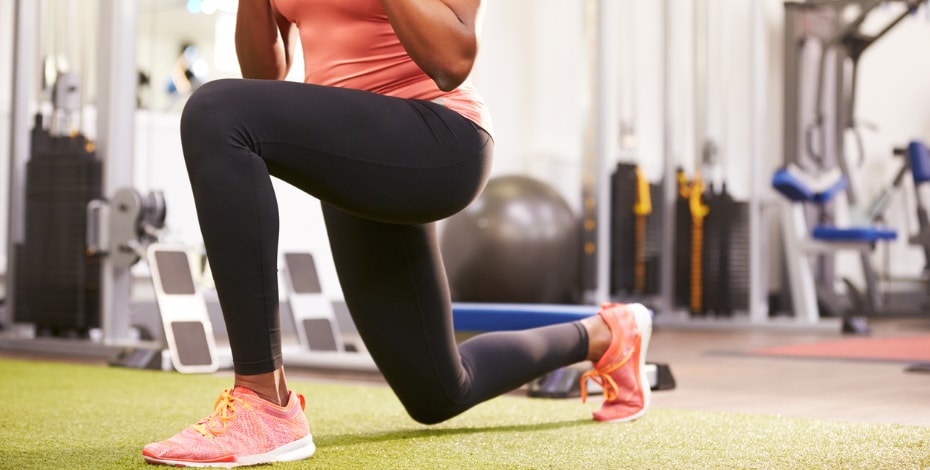
Streamlining education on women’s health

Taryn Hallam, course creator, and Catherine Willis, chair of the Womens, Mens and Pelvic Health group, jointly speak about the revamped Level 1 course for Women’s Health, including the new sub-streams of ‘Women’s Pelvic Health’ and ‘Women’s Health Through the Life-stages’
How is the new Level 1 pathway for Women’s Health different to the original Level 1 Continence and Women’s Health course?
After feedback from the previous Level 1 course, it was acknowledged that many physiotherapists wanted Level 1 to provide a greater depth of knowledge and skill development than previously provided.
To achieve this goal, obviously more teaching time would be needed, but developers were also mindful of not requiring physiotherapists to have more time away from work and home. The new program has added approximately 20 hours of online education—covering a much greater knowledge base in addition to the previous two days face-to-face.
With all the theory covered online, the two face-to-face days also now allow more time to focus purely on practical skill development, case studies etc.
This seems like a significant increase in total time commitment, do people have to commit to all of this content?
Another change to the Women’s Health pathway is that it is now split into two very distinct sub-streams: Women’s Pelvic Health focuses on female pelvic floor dysfunctions (bladder, bowel and sexual dysfunction); Women’s Health Through the Life-stages covers all other women’s health conditions (female adolescence, pregnancy, birth, early postnatal recovery, postmenopausal conditions, gynae/oncology etc).
The Women’s Pelvic Health stream has approximately six hours online and one day face-to-face while the Women’s Health Through theLife-stages is approximately nine hours online, plus one day face-to-face.
People can choose to undertake one complete stream, or just a few online lectures within the stream to see if they are interested in this area. You do, however, need to complete all the online lectures relevant to the specific stream before attending the respective face-to-face course.
That seems to add up to around 15 hours online, so where do the other five hours come from?
Women’s Pelvic Health and Women’s Health Through the Life-stages are the main sub-streams that occur in Level 1, and continue through to Level 2. In Level 1 there is an initial series of lectures titled ‘Introductory Women’s Health Physiotherapy’. This involves approximately five hours of online education on female sex and gender (including intersex variations), female reproductive system and pelvic floor, menstrual cycle, overview of pregnancy, and understanding labour and birth.
Who will benefit from the content delivered in the course?
Anyone who has an interest in women’s health—for example, the exercise in pregnancy lectures would be useful for sports physiotherapists, lectures on pregnancy musculoskeletal conditions and post-menopausal osteoporosis for physiotherapists working in outpatient settings, while continence/pelvic floor lectures are not only useful for those wanting to work specifically in pelvic floor but also for gerontology and neurological physiotherapists.
The advantage of the new pathway is that physios can opt to do certain online lectures without having to commit to a whole weekend course.
Can you give some idea of specific skills that will be obtained for Level 1 in each of the streams?
For Women’s Pelvic Health, physiotherapists will learn basic screening and assessment via validated questionnaires, transabdominal RTUS, visual assessment, as well as bladder and bowel diaries. Basic treatments including lifestyle advice and basic pelvic floor muscle training will also be taught.
In the Women’s Health Through the Life-stages stream, the focus will be on pregnancy-related pelvic girdle pain and other musculoskeletal conditions, conducting pregnancy and postnatal education and exercise classes, as well as a basic intro to gynae/ oncology and osteoporosis.
>> Keep an eye on the CPD PhysioEducators series for Jane’s upcoming masterclass https://bit.ly/2z4Hu5l
Cath Willis completed a postgraduate certificate in Exercise and Women’s Health from the University of Melbourne. She works in a full-time capacity at QEII Jubilee Hospital in Brisbane, part-time at Movement Solutions Physiotherapy with Melissa Locke, and assists with teaching a gender health undergraduate subject to physiotherapy students at ACU in Brisbane.
Taryn Hallam has been working in women’s health physiotherapy for more than 20 years. Starting out as a researcher before transitioning into clinical roles as a practitioner in a specialist obstetrics and gynaecology practice, Taryn has spent the past 10 years both as a clinician and teaching at ACU and the University of Sydney.
© Copyright 2025 by Australian Physiotherapy Association. All rights reserved.





